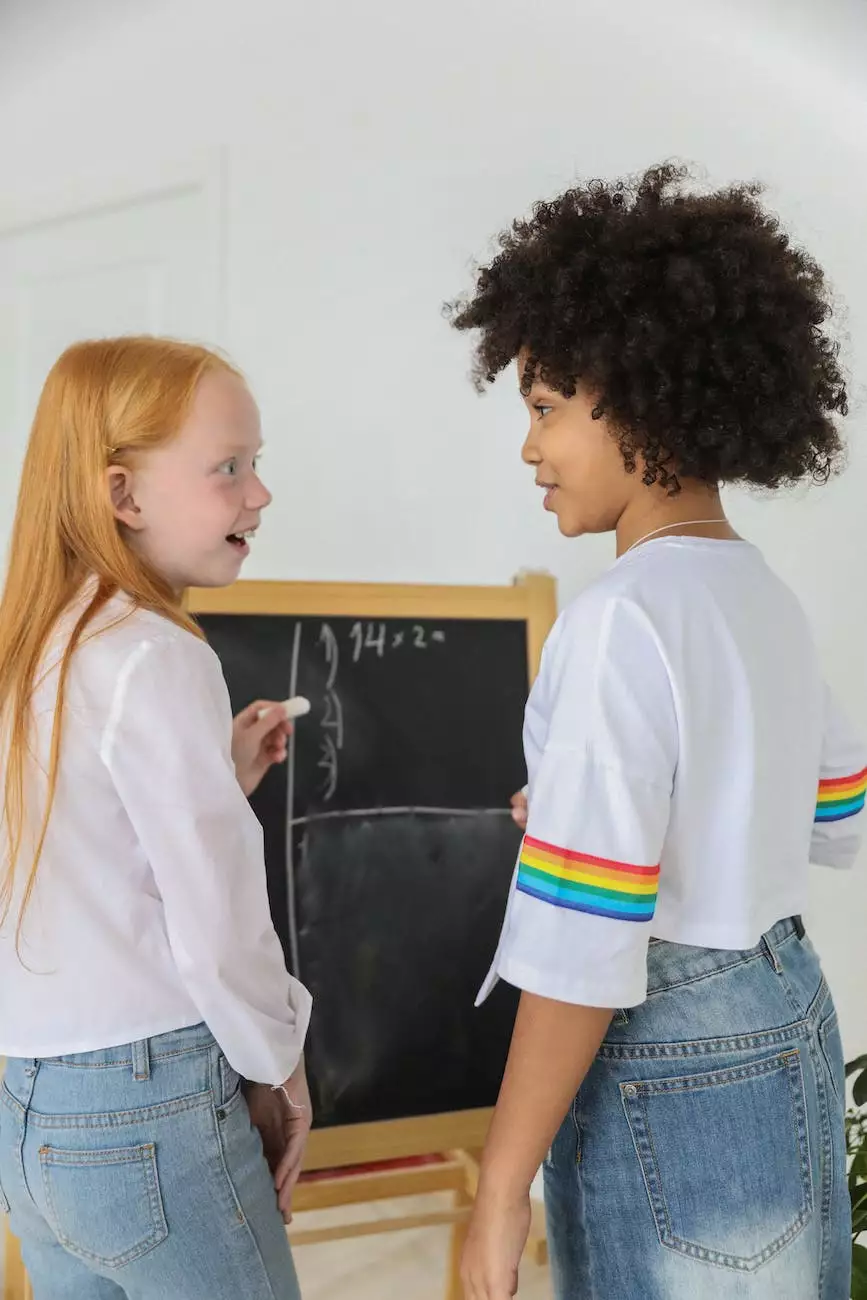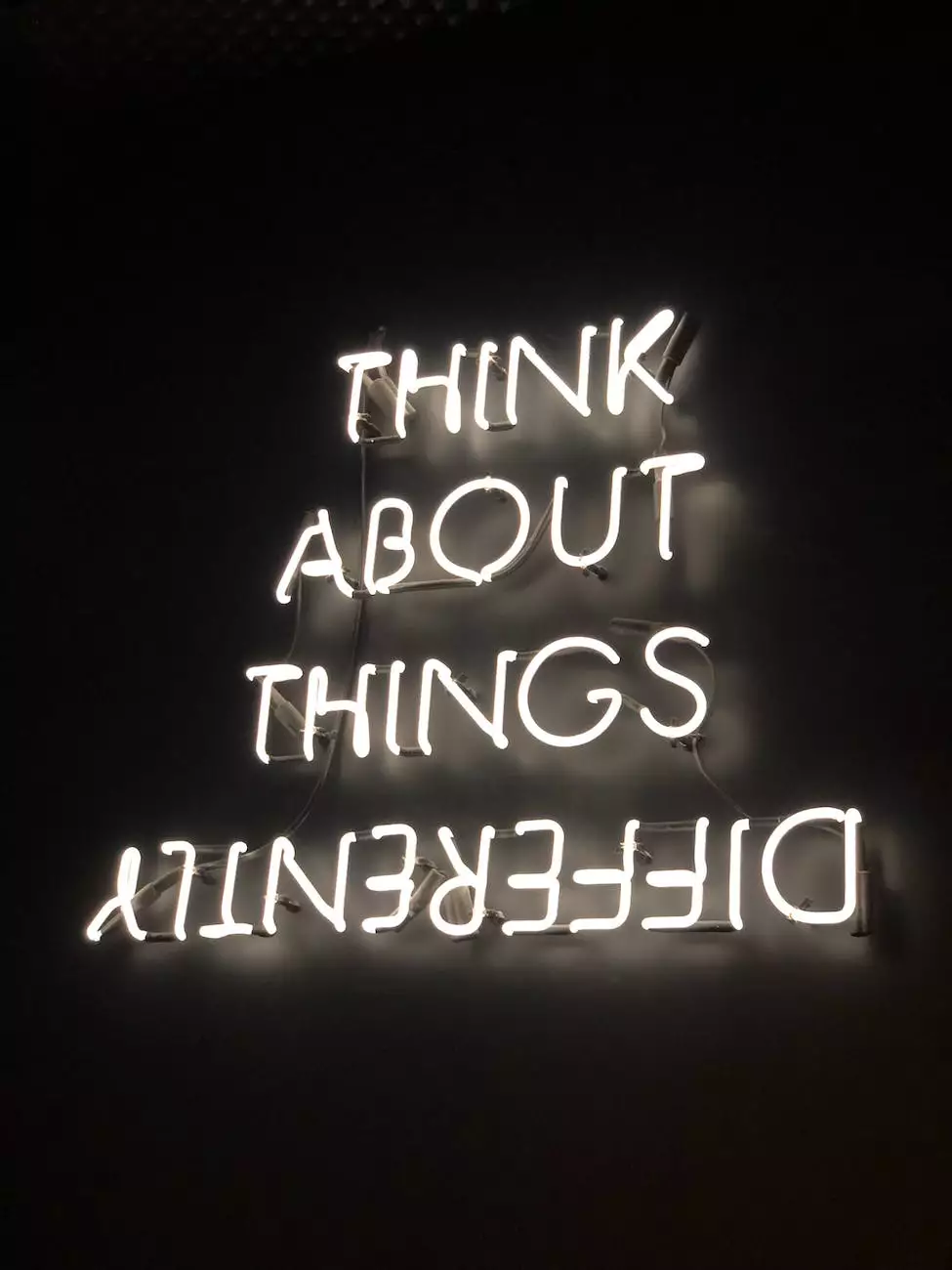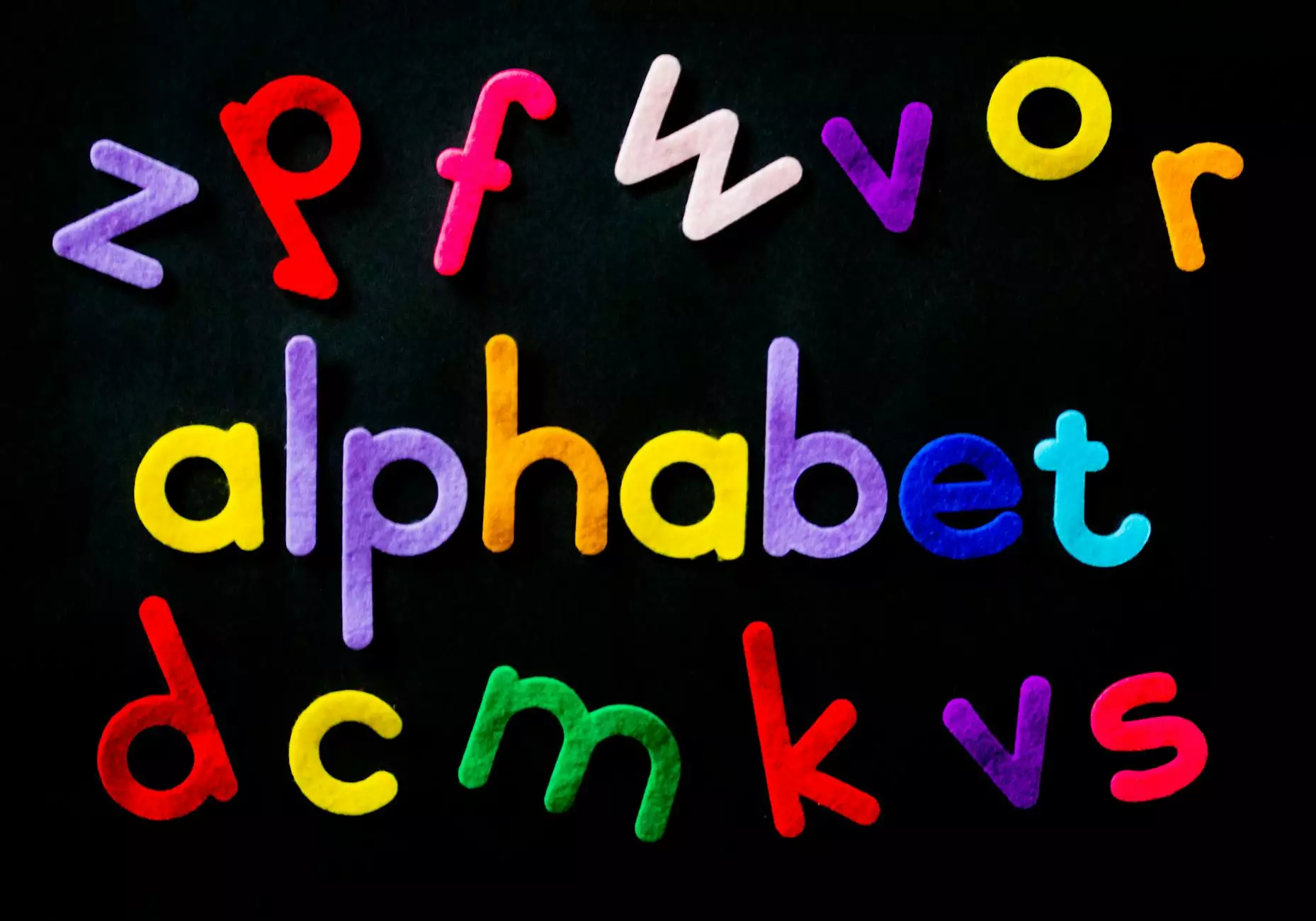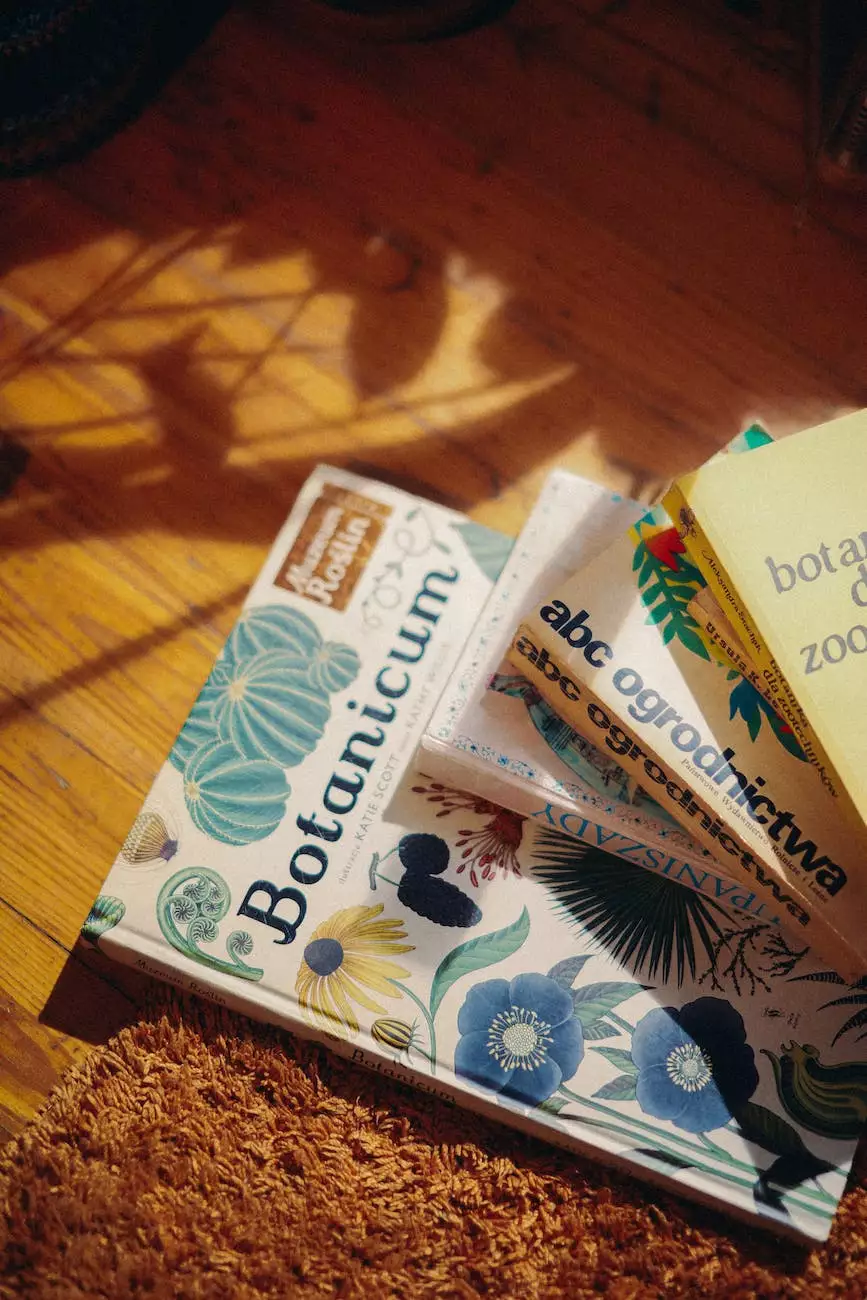It's Not A Big Deal – English Conversational Phrase
Blog
Welcome to NJCLT's free English lesson on understanding and using the phrase 'It's Not A Big Deal' in everyday conversations. In this comprehensive guide, we will explore the meaning, usage, and cultural nuances associated with this commonly used English expression. Mastering conversational phrases plays a crucial role in improving your fluency and confidence in English communication.
What does 'It's Not A Big Deal' mean?
'It's Not A Big Deal' is a popular English phrase used to downplay or minimize the significance or importance of something. It is often used to reassure someone that a particular situation or task is not a cause for concern, worry, or stress. By using this phrase, you can convey a sense of ease and nonchalance, thereby reducing any apprehensions or tension that may arise.
Usage of 'It's Not A Big Deal'
First and foremost, it is essential to note that 'It's Not A Big Deal' is an informal or casual expression mostly used in spoken English rather than formal writing. However, it can be used in certain informal written contexts like emails or text messages among friends or acquaintances.
The phrase can be employed in various situations, such as:
- When someone apologizes for a minor mistake or inconvenience: You can respond by saying, "Oh, it's not a big deal. Don't worry about it!"
- When someone expresses gratitude or appreciation for your help or favor: You can reply by saying, "No problem at all! It's not a big deal."
- When someone asks for assistance with a simple task: You can reassure them by saying, "Sure, I can help you with that. It's not a big deal."
- When someone expresses concern about a particular situation: You can use this phrase to alleviate their worries and say, "It's not a big deal. Everything will be fine!"
Cultural Nuances and Variations
It is crucial to understand how cultural context and individual personalities can influence the interpretation of 'It's Not A Big Deal.' Different cultures and regions may have distinct approaches to expressing nonchalance or minimizing importance. Additionally, people may have different levels of sensitivity towards this phrase, so it is essential to gauge the situation and adapt accordingly.
Furthermore, variations of this phrase exist in different English-speaking countries and regions. Some alternatives include:
- "No worries"
- "It's no trouble"
- "Not a problem"
- "It's nothing"
Practical Examples
To help you understand the practical usage of 'It's Not A Big Deal,' let's look at a few examples:
Scenario: Apologizing for a minor misunderstanding
Person A: "I'm sorry, I thought you meant tomorrow instead of today."
Person B: "That's okay, it's not a big deal. We can reschedule."
Scenario: Asking for a small favor
Person A: "Could you please pick up some groceries for me on your way home?"
Person B: "Of course! It's not a big deal. I'll be happy to help."
Conclusion
By incorporating the phrase 'It's Not A Big Deal' into your English conversations, you can effectively convey a sense of reassurance and nonchalance. This conversational phrase allows you to downplay the significance of a situation or task, easing any worries or concerns.
At NJCLT, we provide free English lessons to enhance your language skills. Our comprehensive guide aims to improve your fluency and confidence by familiarizing you with essential conversational phrases. Remember, practice is key to mastering a language, and incorporating phrases like 'It's Not A Big Deal' in your daily conversations will undoubtedly enhance your English communication abilities.










